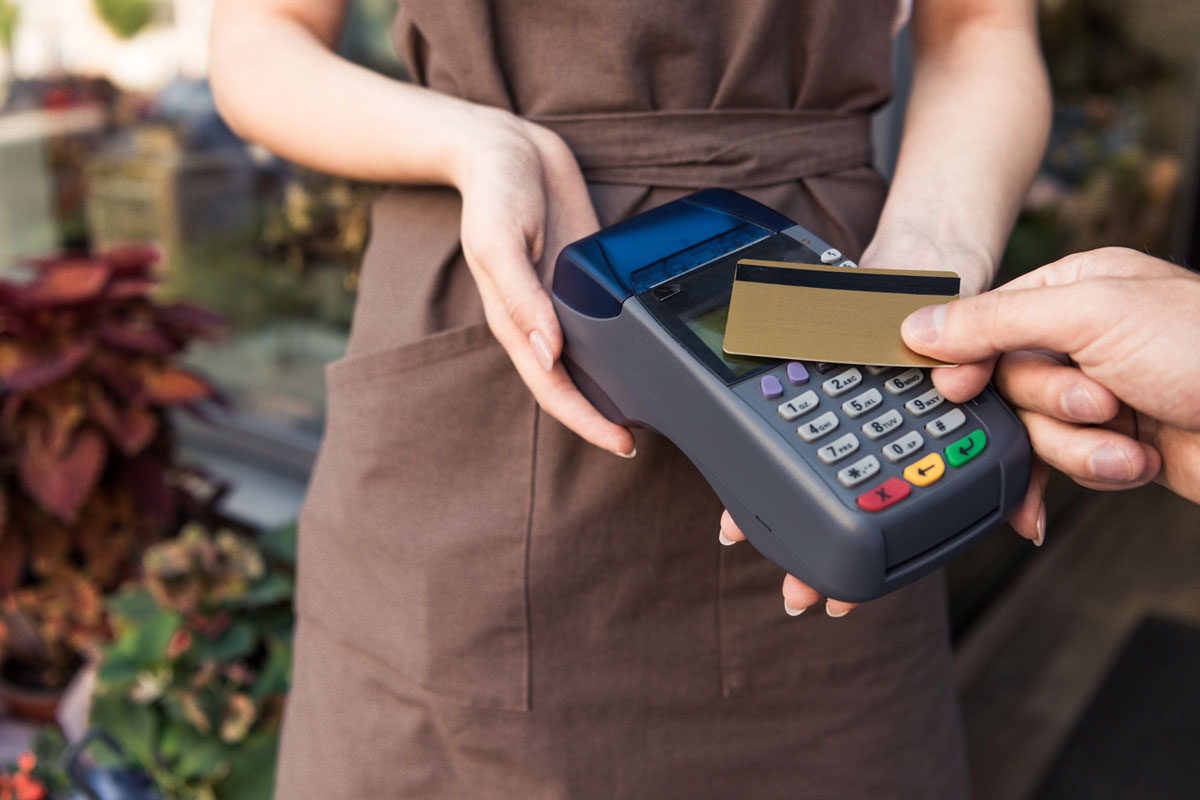
Thanks to the rise of new technologies, the world we live in today is vastly different from the world we lived in, even just a few years ago. One of the most profound changes the internet has brought about is the rise of the internet of things (IoT). The IoT refers to the network of physical devices connected to the internet that can collect, store, share, and interpret data.
With IoT in mind, one of the biggest trends in the tech world is the rise of Artificial Intelligence. The AI technology has been used in everything from computers to medical devices, and it will only become more prevalent in our everyday lives. The potential applications for AI are almost limitless, and the technology is already impacting a wide range of industries. One of the industries that has already been significantly impacted by AI is retail, with revolutionary changes to the shopping experience already in motion.
With over 28% of retailers already deploying Artificial Intelligence/Machine Learning solutions – a sevenfold increase from 4% in 2016 – the growth of AI in retail is showing huge potential as it begins to take off. As we look at the benefits of adopting these new technologies, it soon becomes clear why more and more retail businesses are looking to do so.
Supply Chain Efficiency
Disruptions to the retail supply chain can be mitigated with the use of sensors and RFID tags throughout the industry’s network of systems. By providing real-time data about stock levels, the sensors can help to ensure that products are always available. This technology can also automate the reorder process and request new stock from the supplier – all without the need for human intervention.
Stock Control
Similarly, retailers can take advantage of AI and IoT to gain full visibility of their current stock levels, estimated delivery dates for new stock, and insights into consumer purchase habits to help inform their buying process.
AI can also assist with restocking and replenishment, providing insight on product demand by analyzing information such as sales history and current trends as well as environmental factors like the weather. According to SPD Group, stock forecasting and replenishment has improved operations for Morrisons in 491 stores with the help of BlueYonder, resulting in up to 30% fewer in-store shelf gaps.
Greater Understanding of Consumer Behavior

Analyzing the data obtained from AI technology helps retail businesses better serve their consumers by gaining a greater understanding of how factors such as product placement and display can influence buying decisions.
Automating the data analysis process provides easy insights into some of the most valuable data available to retailers. By using AI to track information such as most popular purchase times, most frequent product combinations and locational factors that influence sales, retail businesses are able to liken the in-store experience to the online one and optimize it in the same way to drive conversions.
Personalized Experiences
Customization can be a large contributor to a consumer’s purchase decision, making the use of AI in creating personalized experiences in retail key to unlocking additional sales. A personalized experience is a more meaningful one, and utilizing AI and IoT can help increase customer satisfaction by meeting needs that aren’t fulfilled with the current retail experience.
Retail brands are already using these technologies for experiences such as biometrics-based virtual dressing rooms and smart mirrors in fashion stores, that allow shoppers to see product recommendations, do interactive visual search, and get location-based targeted ads in both physical locations and on users’ devices.
Reduced Margin for Error
Repetitive and laborious tasks are often prone to human error, rendering the data obtained inaccurate. Utilizing AI for tasks such as inventory checks mitigates this risk and means data can be housed in a central location, ready for easy, real-time analysis. In addition to saving time, it also allows businesses to focus their staff on more meaningful tasks that depend on human interaction.
Not only can AI eliminate errors with data input, it can also reduce the possibility of item damage, theft, and health and safety risks associated with handling stock.
Streamlined In-Store Experience
A swift, painless experience from start to finish is becoming more within reach for physical retail stores, thanks to the use of new AI technologies. With many businesses opting for automated checkouts and sensor-triggered purchase processes, shoppers are already beginning to reap the benefits of a streamlined in-store experience. This is only set to continue as AI continues to evolve and improve.
As AI becomes more commonplace in retail, consumers can expect a physical shopping experience with automation at the heart of every phase, from discovering products through smart recommendations, to automatic debits from a payment method of their choice as they exit the store. Could the future of shopping be without human interaction?

Benefits of AI and IoT to Retail Brands
Retailers that use IoT will be able to gain a deeper understanding of customer behavior and collaborate better with global partners and products.
While IoT technology is still in its infancy, it will continue to grow and add value to all industries, including retail and out-of-home. With the Internet of Things, retail businesses can exploit new sources of personalized data to transform raw data into valuable information and ultimately, move customers through the conversion funnel.
How Ambiq Contributes
When it comes to enhancing the retail experience with AI, smart IoT devices must be reliable when it comes to battery life. Since these devices perform computing operations at the edge, they need to ensure their processors can perform these tasks on a low electrical charge.
Ultra-low-power wireless SoCs from Ambiq® are at the core of millions of connected sensors that enable critical IoT technologies in key retail sectors. Built on our patented Sub-threshold Power Optimized Technology (SPOT®) platform, Ambiq’s solutions help reduce the total system power consumption for all types of battery-powered edge devices.
Quite simply, our solutions enable edge intelligence everywhere.

